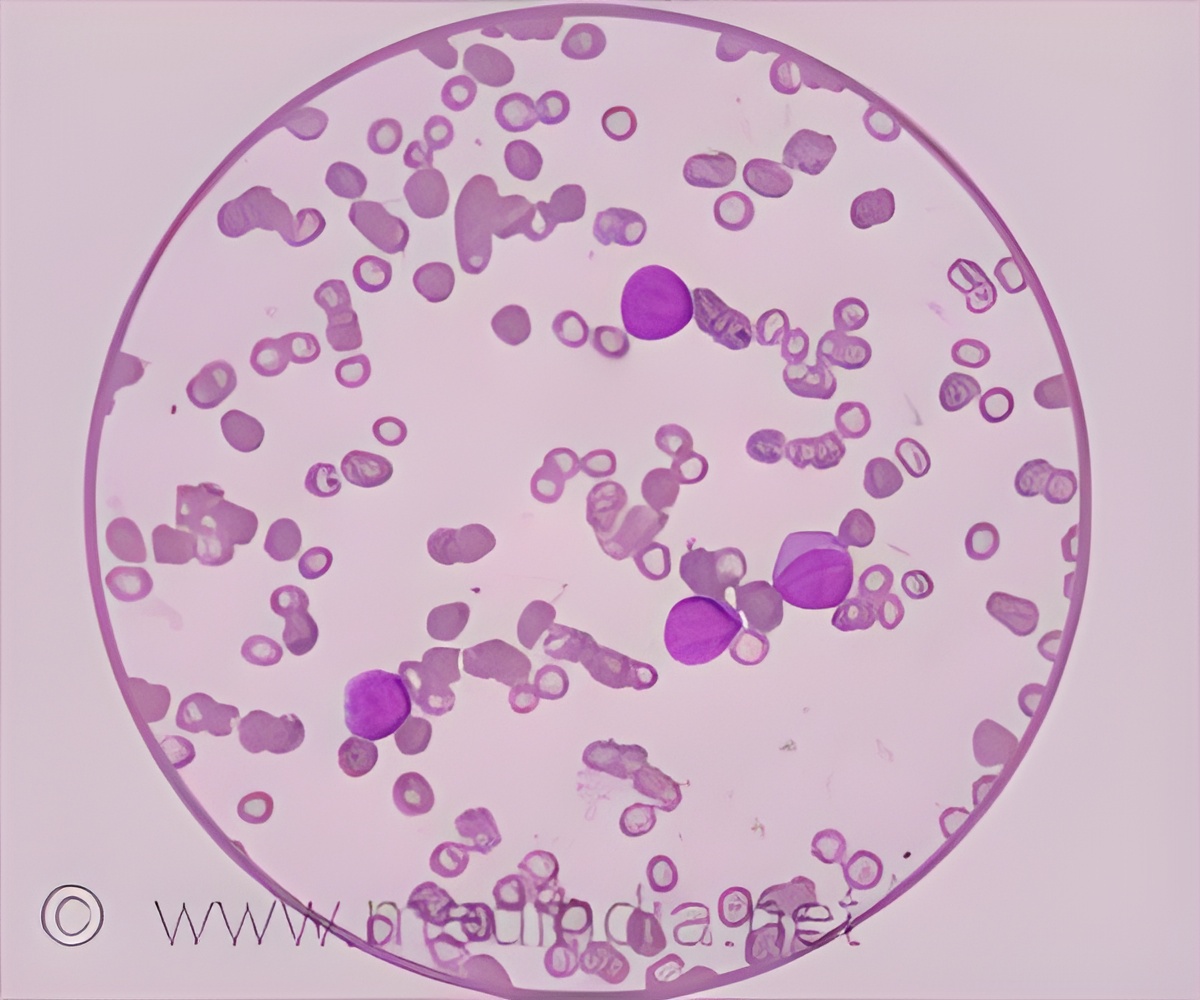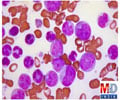Scientists combine the treatments from the past two years of research into a pediatric leukemia super drug to test on humans in a clinical trial.

‘When a key protein responsible for leukemia, MLL, is stabilized, it slows the progression of the leukemia. ’





"These white blood cells infiltrate many of the tissues and organs of the affected individuals and is a major cause of death in leukemia patients," said senior author Ali Shilatifard, the Robert Francis Furchgott Professor of Biochemistry and Molecular Genetics and Pediatrics, the chairman of biochemistry and molecular genetics and the director of Northwestern's Simpson Querrey Center for Epigenetics. "This is a monster cancer that we've been dealing with for many years in children." There are several types of leukemia. This research focused on the two most common found in infants through teenagers: acute myeloid leukemia (AML) and acute lymphocytic leukemia (ALL).
For the past 25 years, Shilatifard's laboratory has been studying the molecular function of MLL within its complex known as COMPASS (Complex Proteins Associated with Set1). Most recently, it was demonstrated that COMPASS components are one of the most frequently identified mutations in cancer. The next step of this work will be to bring the drug to a clinical trial setting, which Shilatifard said he hopes will happen in the next three to five years.
"I've been working on this translocation for more than two decades, and we're finally at the point where in five to 10 years, we can get a drug in kids that can be effective," Shilatifard said. "If we can bring that survival rate up to 85 percent, that's a major accomplishment." Earlier work from Shilatifard's laboratory published in Cell in 2018 identified compounds that could slow cancer growth by interrupting a gene transcription process known as "Super Elongation Complex" (SEC). It was the first compound in its class to do this.
This MLL stabilization process discovered in the most recent paper could potentially work in cancers with solid tumors, such as breast or prostate cancer, said first author Zibo Zhao, a postdoctoral research fellow in Shilatifard's lab.
Advertisement
"The publication of these four papers and the possibility of a future human clinical trial could not have happened if it weren't for the cross-disciplinary collaboration at Northwestern," Shilatifard said.
Advertisement














